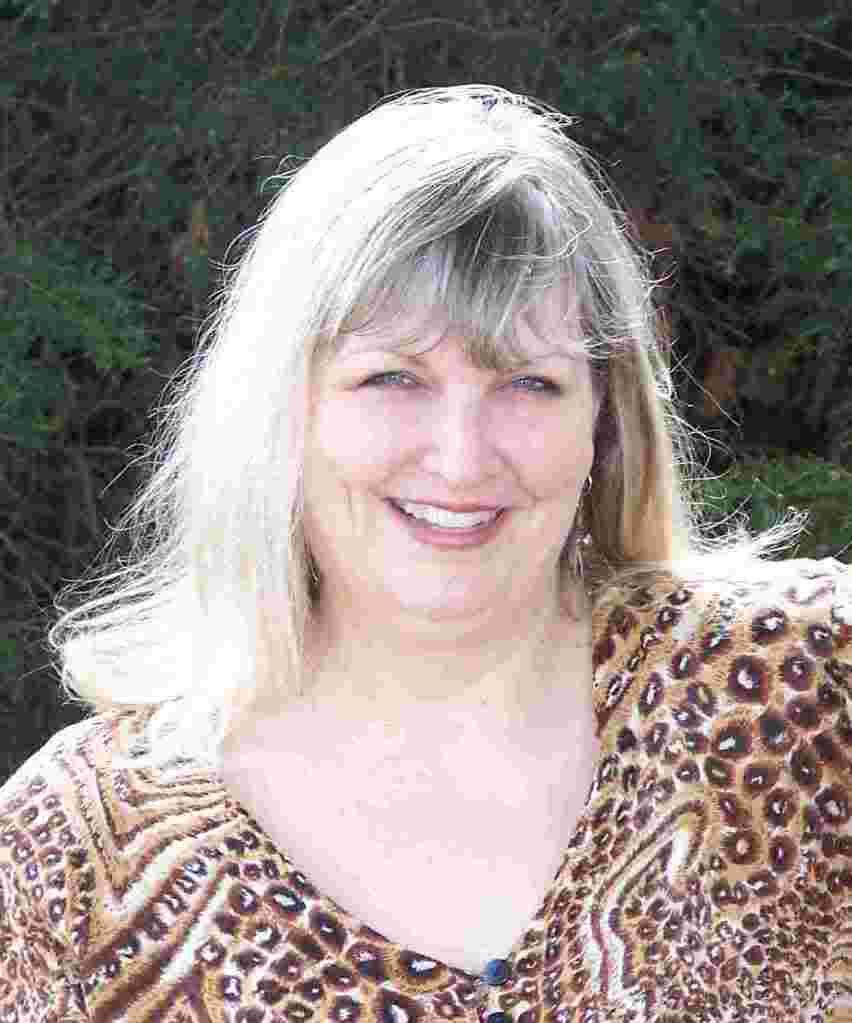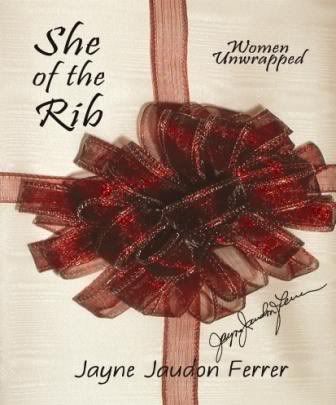In honor of Mother’s Day, Write On! speaks with Jayne Jaudon Ferrer, author of four collections of poetry: A Mother of Sons: Poems of Love, Wisdom, & Dreams, A New Mother’s Prayers: Poems of Love, Wisdom & Dreams
, Dancing with My Daughter: Poems of Love, Wisdom & Dreams
, and She of the Rib: Women Unwrapped
. A former advertising copywriter and freelance journalist, Ferrer is a native Floridian who now makes her home in Greenville, South Carolina, with her husband and three sons. Her work focuses on family life and women’s experiences, and she is a frequent guest at book festivals and women’s events around the country.
What inspired you to start writing?
Apparently, it was something I was born with. Words fascinated me from my earliest days; I started reading at four and can’t remember a time when I didn’t have paper and some sort of writing utensil nearby. The earliest piece I recall writing was a one-page story called “Jet the Race Horse” that I wrote when I was six.
How do you get your ideas for writing?
Ideas come from everywhere—people I pass on the street, stories in the newspaper, overheard snippets of conversation, moments of brooding. I tell my pastor if he notices me scribbling during church, he should be honored instead of insulted, because it means something he said inspired me!
Is there a particular reason you write about women and motherhood?
No one is more surprised than I that motherhood is my platform; my husband had to talk me into starting a family! I was terrified at the thought of being a mother, and quite unsure I was up to the task. But when my first child was born, all doubts fled, I was absolutely smitten, and all those overwhelming feelings manifested themselves in the form of poetry. I wanted to capture the exact smell of my baby’s skin, the exact joy I felt when he smiled. When that first book came out and I discovered how powerfully those poems—which I thought were intensely personal—resonated with women everywhere, I was stunned. I write my poems for myself, of course, but as my audience has grown, there’s an awareness that I am speaking for mothers on a larger scale—confessing our fears, pondering our impact, celebrating our “minor moments,” as I call them in one poem. Now that my sons are older and my life is not so directly connected to their care, focusing on my other roles as a woman seems a natural progression, though my initial motivation for writing She of the Rib was to pay tribute to some of the amazing women I have known.
Why poetry?
Truthfully? I think it’s because my life is always such a whirlwind, that short and to the point is all I have time for. My primary audience is mothers; they don’t have time to waste, either, so if I’m going to get their attention, I have to get to the point and make it pay off. I’m not a very patient person; poetry’s a good fit for my limited time and attention span! Don’t get me wrong; I love novels—and, ironically, I prefer Henry James’ long, lavish prose to Hemingway’s truncated tales—but I can’t imagine life without poetry. It’s like a mood-altering drug in alphabet form!
How can someone who has never written a poem get started?
As with any genre, the more you read other people’s work, the more your own will evolve. You can just start putting words on paper, of course, but if you have at least some working knowledge of poetic structure and forms and devices, the likelihood of it becoming a “poem” is much greater. Too, it depends on why you’re writing a poem in the first place. If the point is simply to capture a thought for your own pleasure or reflection, simply writing what comes may be perfectly sufficient. If the intent is to publish that poem, however, or to take it to a wider audience, then the words deserve proper grooming. It is a rare poem that emerges from the heart or mind in finished form.
How did you go about getting your books published?
A New Mother’s Prayers happened purely by accident. I pitched a nonfiction proposal to an agent who liked my writing, but not my pitch. She asked to see something else and my husband suggested I send the plethora of poems spawned by the birth of my first child. I couldn’t imagine why anyone would want to read poems that were about my experiences with my child, but I had nothing else written and didn’t want to leave the agent hanging. She loved the poems, helped me focus it into a collection, and sold it to the second publisher who looked at it. It’s currently in its third edition and has been available constantly since 1989. Though they’ve not all been with the same publisher, my subsequent books have followed pretty much the same pattern: pitched by proposal, then sold.
What is your favorite part of writing? The greatest challenge?
My favorite part of writing is crafting the piece—whether it’s poem, novel, magazine article, whatever. There is such satisfaction for me in building a sentence where sounds and syllables and cadence and context all blend together in a flow of letters to convey a specific thought. Being a writer is very much like being a builder; I love that step-by-step process of putting the pieces together. I also love nailing the precise words; if I could only have one book on a desert island, it would be my thesaurus!
The greatest challenge of writing is, for me, finding time to do it on an ongoing basis. I’m a working mother with a very busy life. Carving out uninterrupted time to write means something else is going undone. I would love to write six or eight hours a day, five or six days a week—and I can’t tell you how much I hope that happens one of these days—but I don’t think that day is right around the corner just yet.
Advice for writers?
Be the best you can possibly be. I meet so many novices who view anyone who tries to edit their work as The Enemy, or they’re so eager to be A Writer that they want to head for the front line without going through basic training. I have yet to meet any writer—professional or novice—who can’t benefit from a good editor. If you’re too insecure to let someone critique your work, then you either know it’s not up to snuff or you don’t have the confidence to survive being a writer. And if you’re not willing to learn the rules of the game—from basic grammar to knowing your market—then you’re wasting everyone’s time, from your own to your reader’s.
What do you know now that you wish you knew when you first started writing?
That a writer is never, ever off duty. Everything you see or experience, every person you meet, every place you travel is fodder for your career. That nothing in life is ever inconsequential is a daunting realization; I’d probably have kept better notes!












Comments are closed.
[…] https://writeononline.com/2009/05/08/author-qa-poet-jayne-jaudon-ferrer/ […]